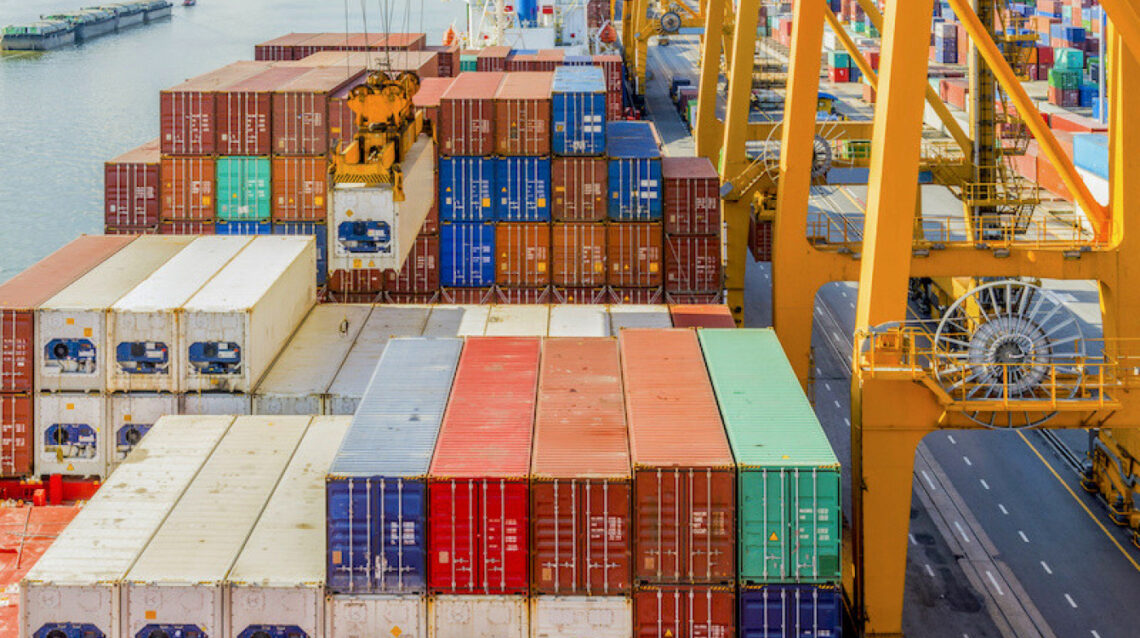Nigeria’s ports hold immense untapped potential to drive the country’s economic transformation. Strategically located along the Atlantic coast and serving as a gateway to West and Central Africa, Nigeria’s maritime infrastructure, especially its seaports, should be engines of growth, trade, and industrialisation. Instead, inefficiency, congestion, corruption, and underinvestment have kept this vital sector from realising its full promise. If the government is serious about boosting non-oil revenues, attracting investment, and integrating into the global value chain, it must urgently unlock the full potential of its ports economy.
Nigeria’s ports, particularly Apapa and Tin Can Island in Lagos, handle over 70 per cent of the country’s seaborne trade. Billions of dollars in goods pass through them annually, yet the system remains plagued by logistical bottlenecks, outdated infrastructure, and an over-reliance on manual processes. The consequence is high turnaround times, excessive costs, and lost competitiveness. Nigerian importers often pay more in demurrage, bribes, and delays than their counterparts in neighbouring countries, making Nigerian ports among the most expensive in Africa to operate through.
This inefficiency is not just a cost to business; it is a cost to the nation. The inability of the ports to function at optimal capacity hampers trade, discourages investment, and reinforces Nigeria’s reliance on imports rather than promoting exports. Exporters of agricultural products and manufactured goods often face avoidable delays that reduce the quality and marketability of their goods. A port system that should be enabling trade is instead constraining it.
The ports economy, if properly reformed, offers a multiplier effect for national development. A modern, well-run port does more than process cargo—it anchors industrial zones, logistics hubs, and employment centers. It stimulates investment in transport infrastructure like railways and highways, enhances regional trade, and improves government revenue through duties, levies, and business taxes. Port cities from Rotterdam to Singapore have shown how maritime economies can transform national fortunes. Nigeria should be no different.
The recent expansion of the Lekki Deep Sea Port in Lagos is a step in the right direction. As Nigeria’s first deep-sea port, it is built to handle larger vessels and incorporate more efficient technology. Its success, however, will depend on seamless connections to inland transportation networks, transparent customs processes, and a conducive regulatory environment. Without these, even world-class infrastructure will underperform.
To harness the full potential of Nigeria’s ports economy, several key reforms are essential. First, there must be a comprehensive digitisation of port operations, including customs clearance, cargo tracking, and fee payments. This will reduce corruption, increase transparency, and speed up the flow of goods. Second, port infrastructure, both onshore and offshore, must be modernised and expanded. This includes dredging, increasing container capacity, and improving access roads and rail links.
Third, port governance must be overhauled. The overlapping roles of multiple agencies at the ports create confusion and foster inefficiency. A streamlined, single-window approach to port management is long overdue. Public-private partnerships, if transparently managed, can bring in the necessary investment and expertise without ceding national control.
Fourth, Nigeria must position its ports as regional trade hubs. With the implementation of the African Continental Free Trade Area (AfCFTA), there is an opportunity for Nigeria to become a central node in Africa’s trade network. But this will only happen if its ports can compete on efficiency and cost with rivals in Ghana, Togo, and Côte d’Ivoire.
Lastly, the federal and state governments must align on long-term port development strategies, free from political interference. Ports are too important to be left to ad hoc decisions and short-term thinking. They must be part of a national vision for economic diversification, job creation, and regional integration.
Nigeria’s ports economy is a sleeping giant. With strategic investment, bold reform, and a commitment to transparency and efficiency, it can become a powerful driver of growth and development. As the country looks to move beyond oil and build a more resilient future, the revitalisation of its maritime gateways is not just an option, it is an imperative.





